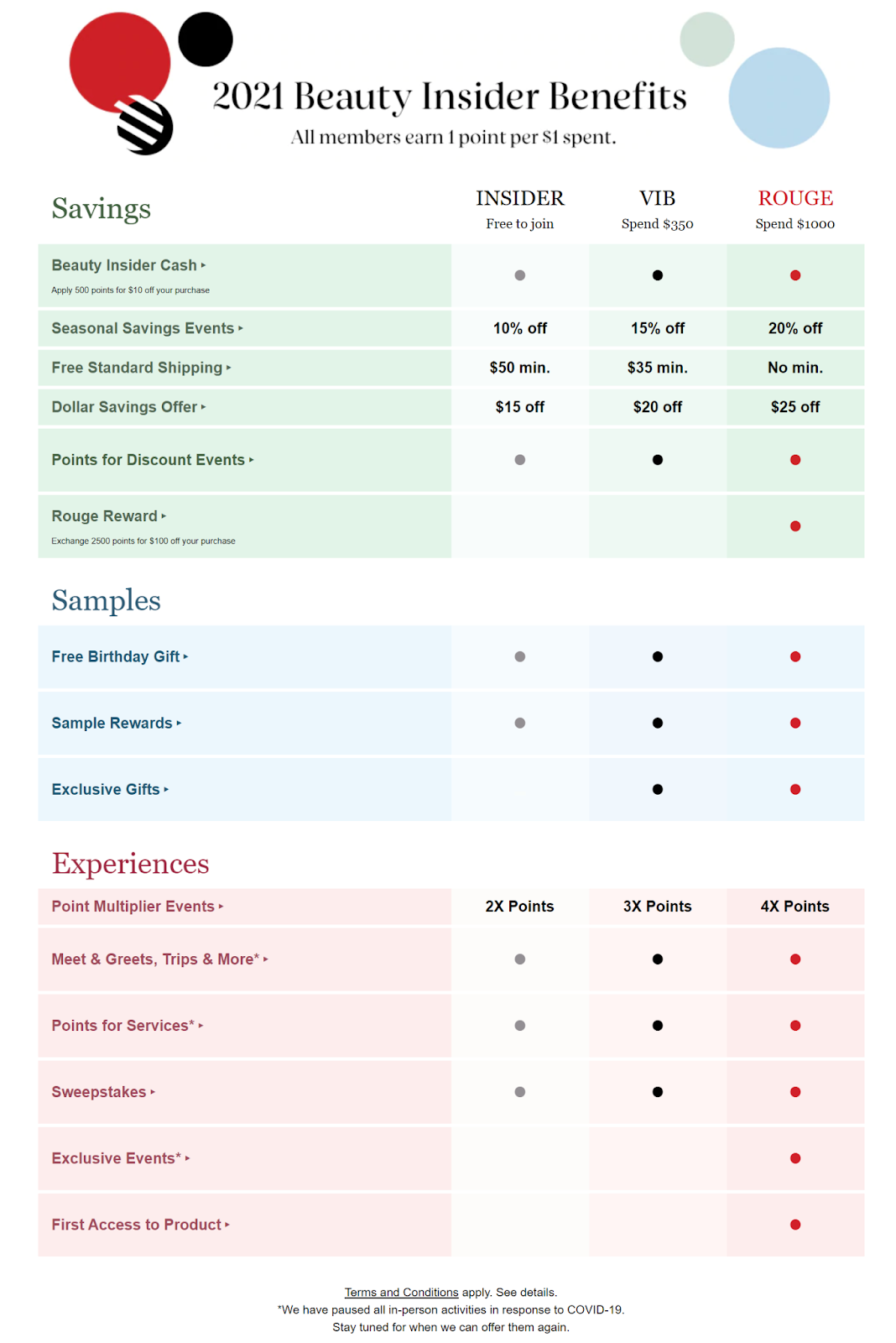Ecommerce brands that know how to harness the power of unstructured data understand their customers’ expectations, offer pinpointed product recommendations, deliver exceptional customer experience, and grow their businesses.
But unfortunately, not many brands have really uncovered all the value unstructured data has to offer. According to Deloitte’s survey, only 18% of organizations could take advantage of such data; some even don’t pay attention to unstructured data, if not, ignore it completely. Think about poor search experience or customers’ comments on Instagram going unanswered — this likely costs you sales and leads without you even knowing it.
In this post, let’s take a close look at unstructured data, including what it is, what makes it different from structured data, how it impacts your ecommerce success, and what’s the best way to exploit it to grow your brand.
Unstructured Data and Structure Data: What is The Difference?
Structured data and unstructured data are two types of data in big data’s span. They’re not the same.
Structured data is easily expressed in rows and columns. In ecommerce, it includes:
- Customer data like name, email address, phone number, date of birth, gender, location.
- Transactional data like product ID, order number, invoice number.
- Product-related data like product category, technical specifications, size, color, price.
Meanwhile, unstructured data isn’t organized in a searchable format. It’s harder to gather and analyze using traditional data management techniques. Typical examples of unstructured data are clicks, text, signals of various sorts, links, tweets, voices, images, audio, and videos.
Deloitte calculated that about 80% of data are unstructured, while the other 20% are structured. The question is, why is there so much unstructured data in existence today?
It’s because today’s customers feel comfortable sharing with brands in exchange for a better experience.
According to Accenture and RILA’s report, 63% of consumers surveyed are interested in personalized recommendations, and the majority of them are willing to share their data in exchange for coupons and loyalty points, access to exclusive deals, or special offers. In another survey, PWC also found that “63% of US consumers say they’d share more information with a company that offers a great experience.”
Hence, unstructured data analytics is an important competitive resource for ecommerce brands, and it should be used for decision making.
Why Unstructured Data is an Opportunity for Ecommerce
In a 2016 report about data analytics, McKinsey emphasized that “[the value of data] is tied to how it will be used and by whom. A piece of data may yield nothing, or it may yield the key to launching a new product line or cracking a scientific question. It might affect only a small percentage of a company’s revenue today, but it could be a driver of growth in the future.”
That can’t be any more true when it comes to unstructured data. A customer’s comment may mean nothing, but if you analyze it, you may discover why the customer responded that way and how they felt when they wrote that comment. Then, you can use the insights to decide which aspect of your product or service you should improve or change.
Here are three main reasons why unstructured data impacts your ecommerce success and can bring huge value to your business if used correctly.
1. Unstructured Data Analytics Provide A 360-degree View of Customers
Structured data gives you on-the-surface information about your customers. But unstructured data shows you a more comprehensive picture of them: who exactly they are, what they like, which product they prefer, or why they behave this way, not that way.
Unstructured data analytics also reveals insights into customer behaviors when they visit your website, interact with your social media posts or open your emails. With unstructured data, you can know more about your target customers in a way you can’t get with structured data only.
2. Unstructured Data Analytics Help Create Personalized Experience
Not all of your customers come to your website and buy immediately. They expect more to be convinced that your products are what they’re looking for, and you’re a trustworthy brand. They demand personalized experiences at every stage of the buyer’s journey. Brands that offer such data-driven customer experience will reap the benefits.
Need proof? As many as 68% of consumers acknowledge that personalized experience is important. About 91% of consumers are more likely to shop with brands who recognize, remember, and provide relevant offers and recommendations. Kiran Minai, Director of Retail at Google, even emphasized that “Personalization is nothing but translating information into assistance. Over the next few years, $800 billion in sales will shift to e-retailers that use site personalization, and away from those that don’t.”
To create personalized experiences, you need to clearly understand your customers, and that happens only if you take advantage of unstructured data.
By tapping the power of unstructured data, you can track customer interactions across all channels from phone, SMS, email to website and social media. You can also collect real-time data through various touchpoints like visitor-browsing patterns, loyalty programs, email campaigns, and past purchase behavior. From that, you can process the data to segment customers and create personalized content and promotions.
Another area unstructured data can help is site search experience. For example, unstructured data analytics help you understand how shoppers search on your website, what keywords they often use, or which searches are returning irrelevant results. Then, you can use the insights to tweak your site search strategy to better serve your customers.
3. Unstructured Data Analytics Informs Effective Pricing Strategies
Pricing is one of the key factors affecting customers’ buying decisions. According to IBM, 41% of all consumers worldwide are value-driven shoppers, meaning they “are primarily concerned with getting their money’s worth and select brands based on price and convenience.”
So, you can’t randomly price a product without understanding how much your customers are willing to pay and how many items you need to sell to reach the break-even point and gain profits. You need a data-driven approach when it comes to pricing strategies.
For example, gathering and analyzing unstructured data helps you benchmark your prices based on competing products and determine what and when to discount. You can also distinguish between products with a constantly low price point or products that are set at a premium price.
How AI Can Help Brands Take Advantage of Unstructured Data
Unstructured data in its raw and most basic form is virtually worthless until we analyze it and turn it into valuable insights. To make data speak, you can use advanced analytics powered by machine learning and artificial intelligence (AI).
Sephora is an excellent example of embracing AI in product development and customer experience optimization. The brand analyzed both structured and unstructured data to predict customers’ behaviors, create hyper-personalized product recommendations, and enhance site-search performance.

Sephora’s Beauty Insider loyalty program is also a result of applying data analytics. They develop several different loyalty tiers based on how much customers spend per year and send customized emails with recommended products based on purchase patterns from this inner circle. This data-driven approach helps Sephora gain the #1 spot on Sailthru’s Retail Personalization Index four years in a row.

Semantics is another way AI can bring value to your ecommerce business. Semantic enrichment is a form of metadata that adds meaning to data, which helps improve the accuracy of information. Using a semantic data model, you can enhance findability within site search, match shoppers with meaningful content, and help them find the right products easily. Brands like Trek Bicycle and Husqvarna achieved great results by applying this advanced technology.

Leveraging Unstructured Data for Ecommerce Success
Unstructured Data: A Goldmine for Ecommerce
Unstructured data, encompassing everything from social media posts to audio and video files, remains largely untapped by many ecommerce brands. Unlike structured data, which fits neatly into relational databases, unstructured data is more complex, requiring advanced data management strategies to unlock its potential. This type of data, which includes natural language text, images, and sensor data from IoT devices, provides a richer understanding of customer preferences and behaviors.
Harnessing AI for Advanced Data Analytics
Zoovu leverages machine learning and artificial intelligence (AI) to transform unstructured data into valuable insights that drive personalized shopping experiences. Using natural language processing (NLP) and sentiment analysis, Zoovu can analyze customer feedback from various channels, including social media and customer reviews, to better understand consumer sentiments and preferences.
Integrating Big Data with Ecommerce Platforms
The integration of big data analytics tools into ecommerce platforms enables businesses to process vast amounts of unstructured data efficiently. Zoovu utilizes these tools to extract meaningful patterns and trends that are crucial for making data-driven decisions. This capability allows ecommerce businesses to tailor their marketing campaigns and product recommendations more precisely, enhancing the customer relationship and boosting sales.
Real-Time Data Processing for Immediate Insights
With the capability to process data in real time, Zoovu helps ecommerce businesses stay one step ahead of the competition. Real-time analytics support dynamic pricing models and inventory management, ensuring that businesses can react instantly to changes in consumer behavior or market conditions. This responsiveness is critical for maintaining a competitive edge in the fast-paced ecommerce sector.
Social Media and Customer Engagement
Social media is a rich source of unstructured data that provides insights into consumer behavior and emerging trends. By leveraging data from social media interactions, ecommerce businesses can improve their customer engagement strategies and optimize their social media marketing efforts.
Data Storage and Management with Cloud Solutions
The management of unstructured data requires robust storage solutions. Cloud-based data lakes and data warehouses offer scalable storage options and powerful computing capabilities to handle complex data types, including unstructured and semi-structured data. Zoovu integrates with these technologies to ensure that data is stored efficiently and is accessible for analysis when needed.
Semantic Data Models for Improved Product Discovery
Using semantic data models, Zoovu enhances the findability of products within ecommerce sites. These models help in organizing data in a way that improves the accuracy and relevance of search results, making it easier for customers to find the products they are looking for. By applying advanced technologies like generative AI and machine learning, Zoovu optimizes ecommerce search functions, providing customers with personalized and relevant product suggestions.
The Future of Ecommerce with Generative AI
The application of generative AI in ecommerce is set to revolutionize how businesses interact with customers. Zoovu is at the forefront of this innovation, using generative AI to create dynamic and engaging content that resonates with users. From generating unique product descriptions to creating personalized marketing messages, generative AI enables ecommerce businesses to offer a truly customized and engaging user experience.
Utilizing CRM and Business Intelligence for Strategic Advantages
The integration of CRM systems with business intelligence tools enables ecommerce stores to manage and analyze customer data more effectively. Zoovu leverages these systems to provide a comprehensive view of the customer journey, enhancing decision-making and strategic planning. This integration helps businesses understand customer needs and preferences, leading to better product recommendations and improved customer satisfaction.
Use Unstructured Data to Grow Your Ecommerce Business
Your customers’ needs and desires are evolving. That’s why it’s in your best interest to invest in AI-powered unstructured data analytics to understand your customers, serve them better, and surpass their expectations.
Contact us for a demo, and our expert team will walk you through everything you need to turn unstructured data into actionable insights and valuable resources to grow your ecommerce business.


